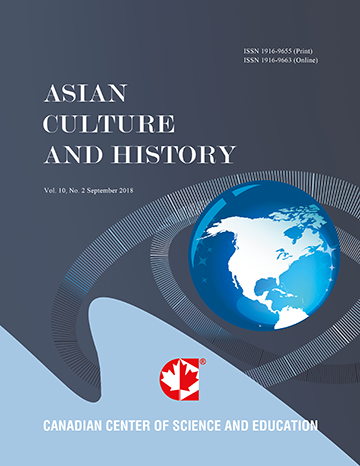Tea as Nature, Tea as Power in Early Modern China: Tea and the Literati in the Ming Dynasty
- Hong Jiang
Abstract
This paper explores the cultural meaning of tea drinking for the literati in the later part of the Ming dynasty (around 1500-1644), using the pair ideas of tea as representing a lifestyle close to nature, and tea as a powerful representation of tasteful life in the society. The dual meanings of tea reinforce each other for the Ming literati, giving them the means and outlets to bolster their self-expression and to distinguish their identity in the social-cultural context of limited career opportunities. I examine the role of tea in tea books, tea-themed paintings, and Ming literati’s engagement in tea clubs and other related activities. This paper contributes to dialogues at the intersections of nature, culture, and history by treating tea as a nature-culture object, highlighting that the pursuit of nature is itself a form of cultural power.
- Full Text:
 PDF
PDF
- DOI:10.5539/ach.v15n1p1
Journal Metrics
Google-based Impact Factor (2017): 5.42
h-index (January 2018): 11
i10-index (January 2018): 21
h5-index (January 2018): 6
h5-median (January 2018): 9
Index
- Academic Journals Database
- CNKI Scholar
- COPAC
- EconPapers
- Elektronische Zeitschriftenbibliothek (EZB)
- Excellence in Research for Australia (ERA)
- Genamics JournalSeek
- Google Scholar
- Infotrieve
- LOCKSS
- MIAR
- NewJour
- Open J-Gate
- PKP Open Archives Harvester
- Publons
- RePEc
- Scilit
- SHERPA/RoMEO
- Standard Periodical Directory
- Technische Informationsbibliothek (TIB)
- The Keepers Registry
- Universe Digital Library
- WorldCat
Contact
- Ivan YongEditorial Assistant
- ach@ccsenet.org
